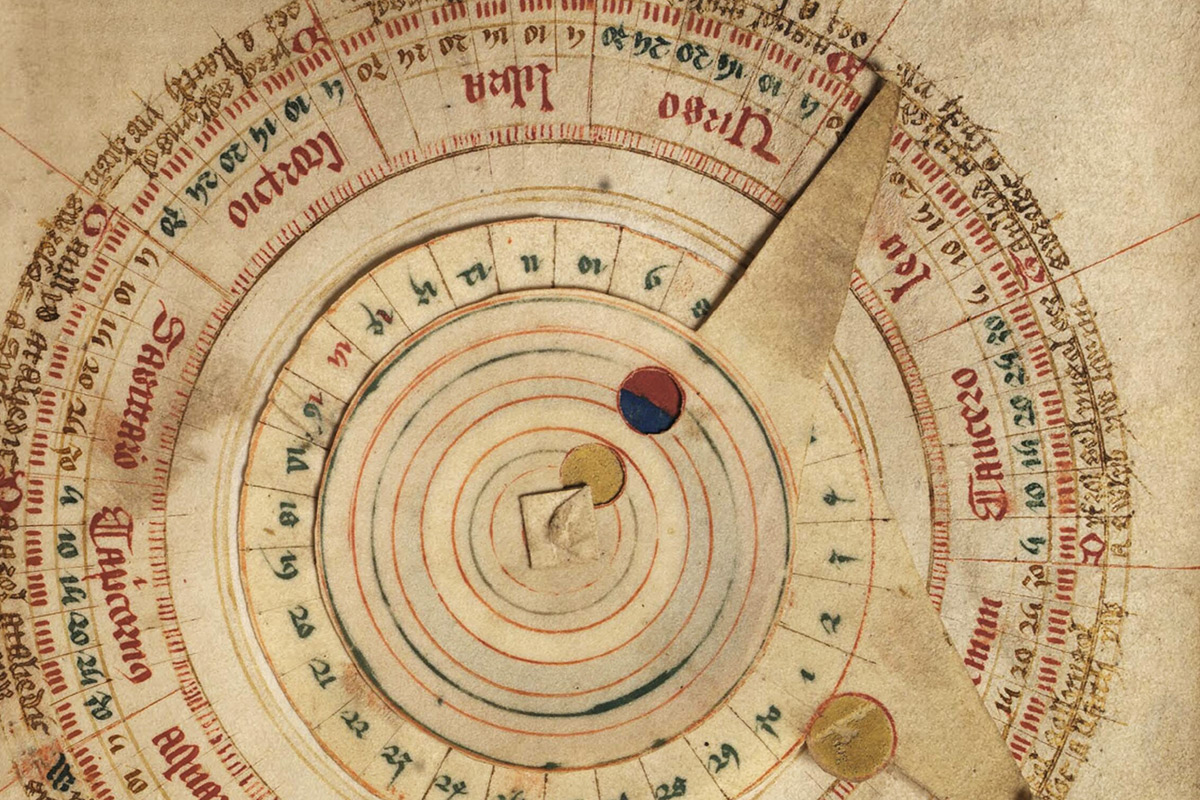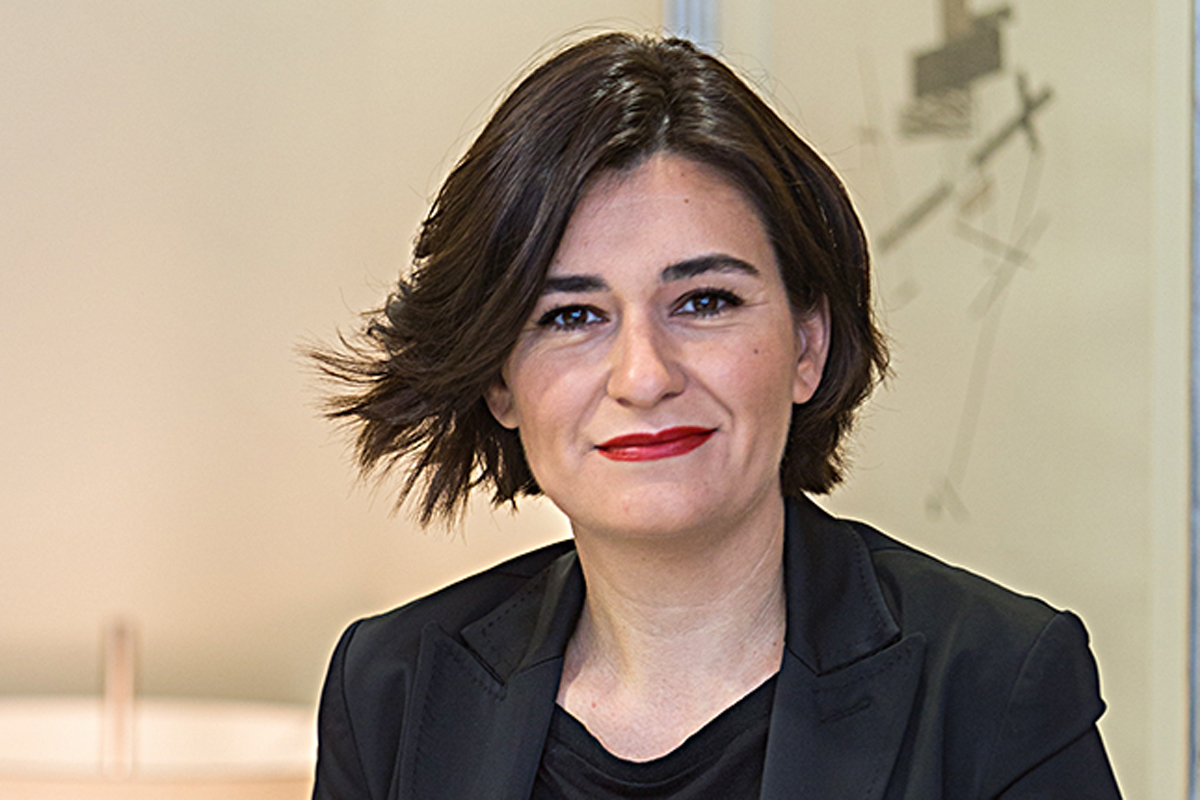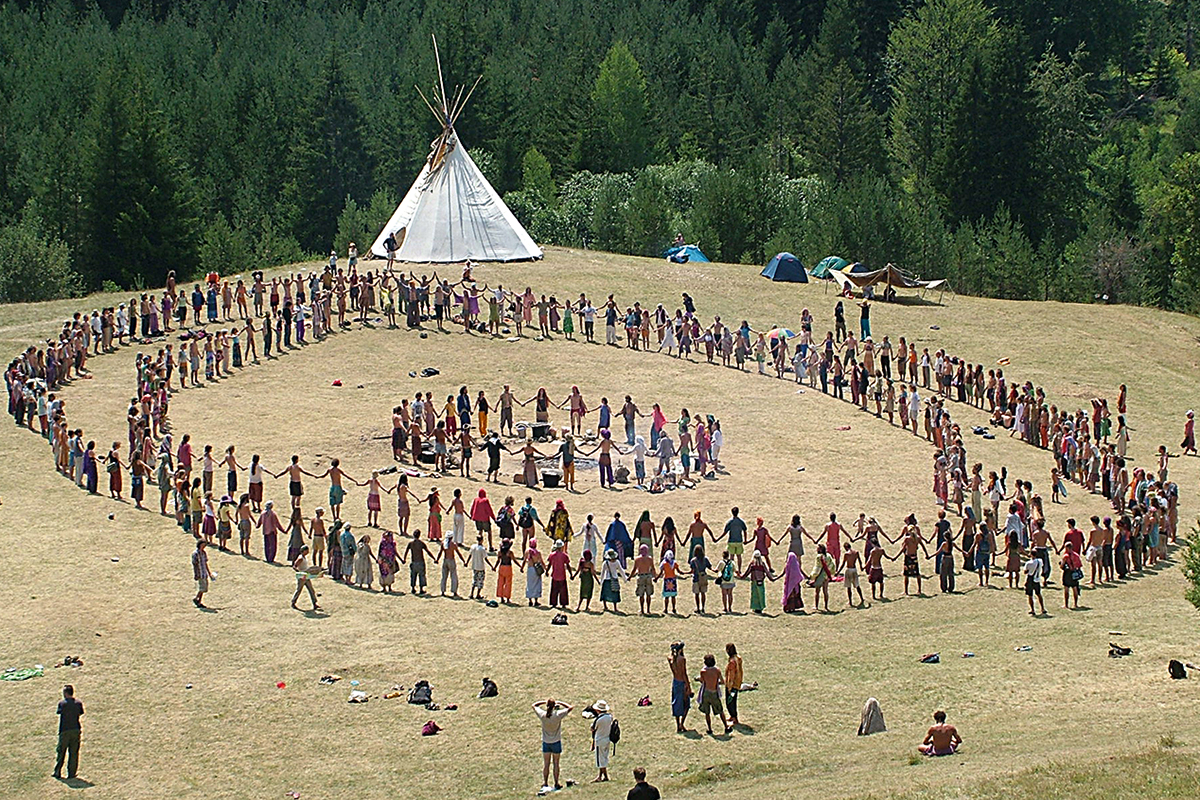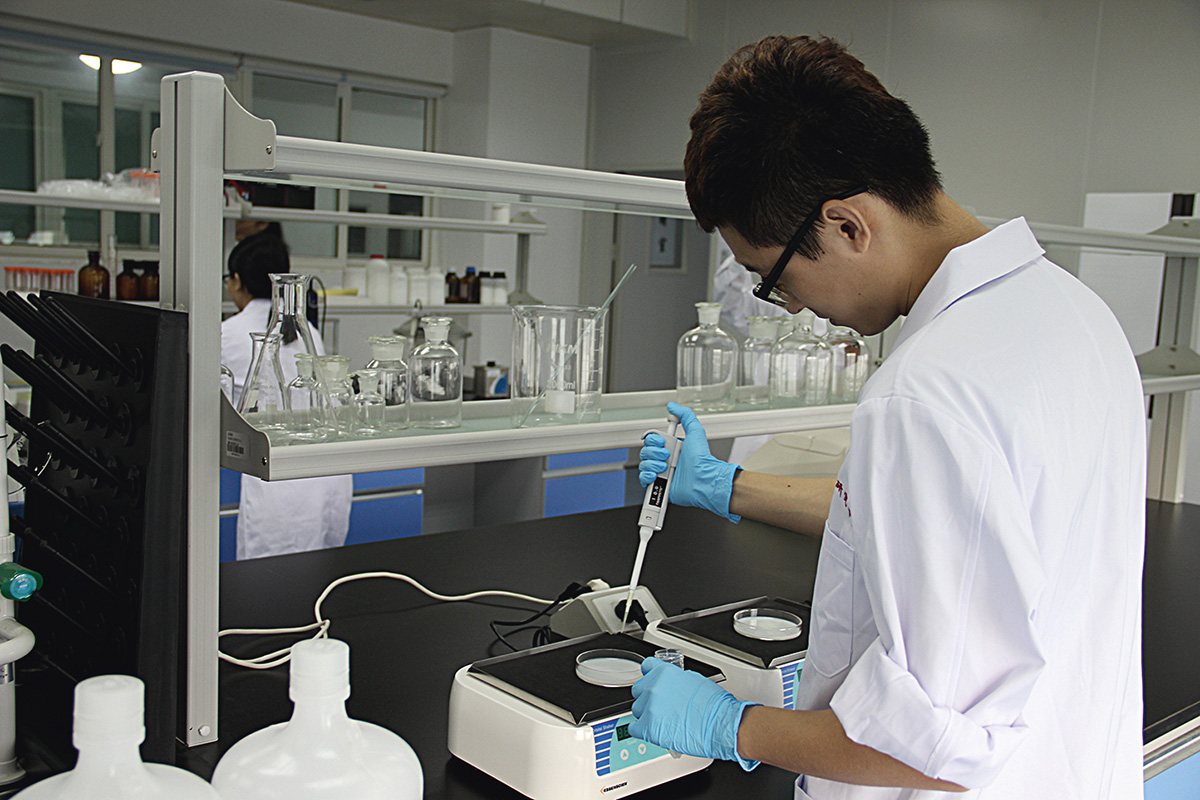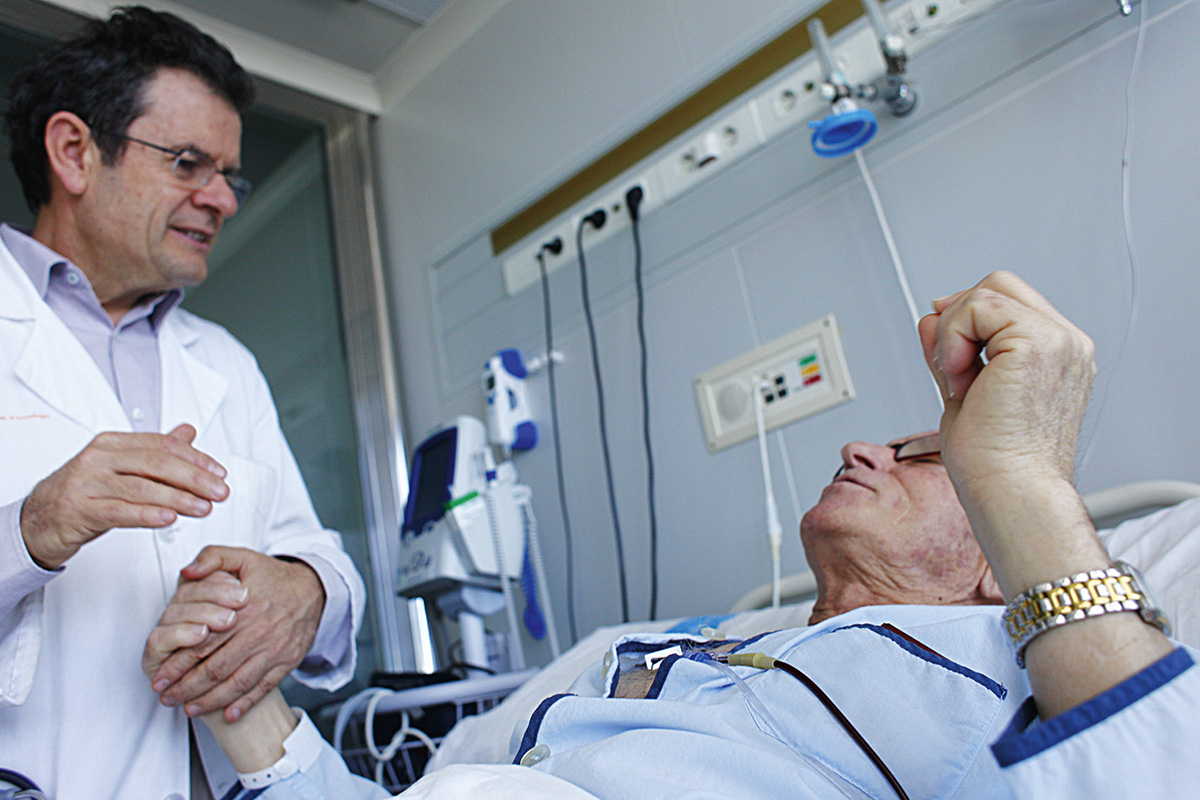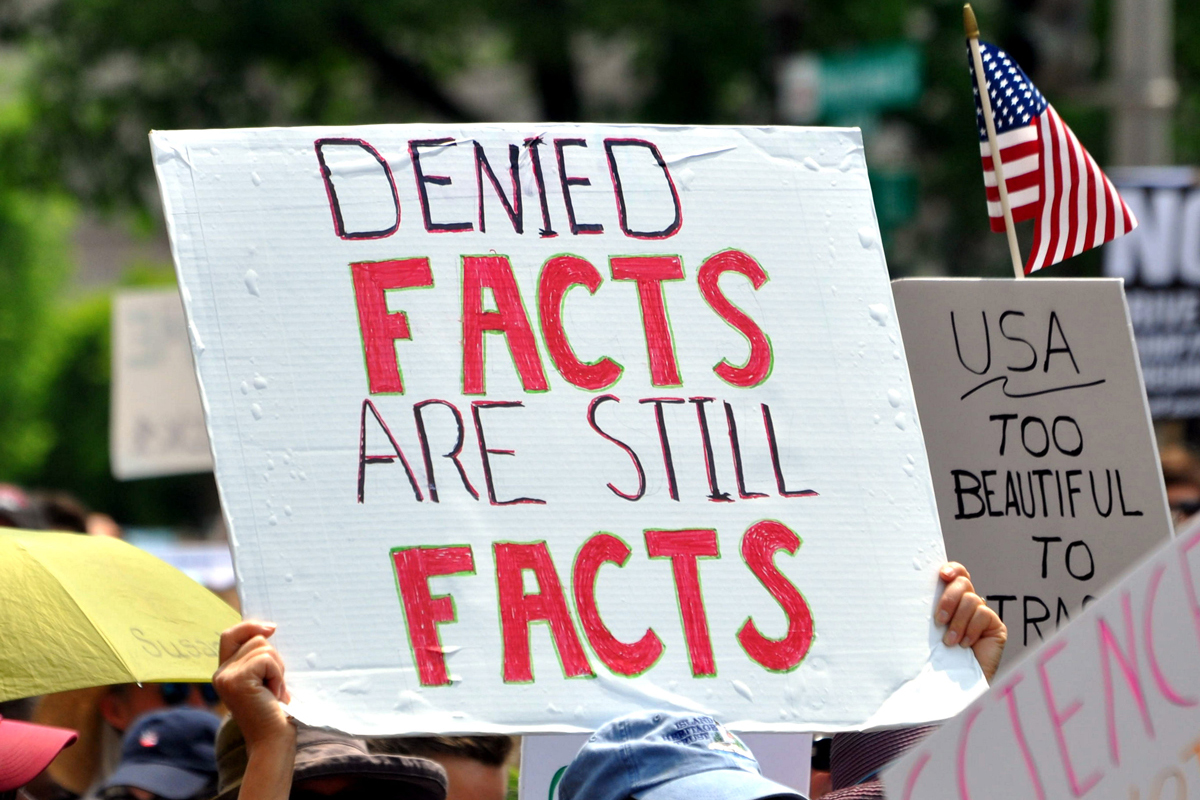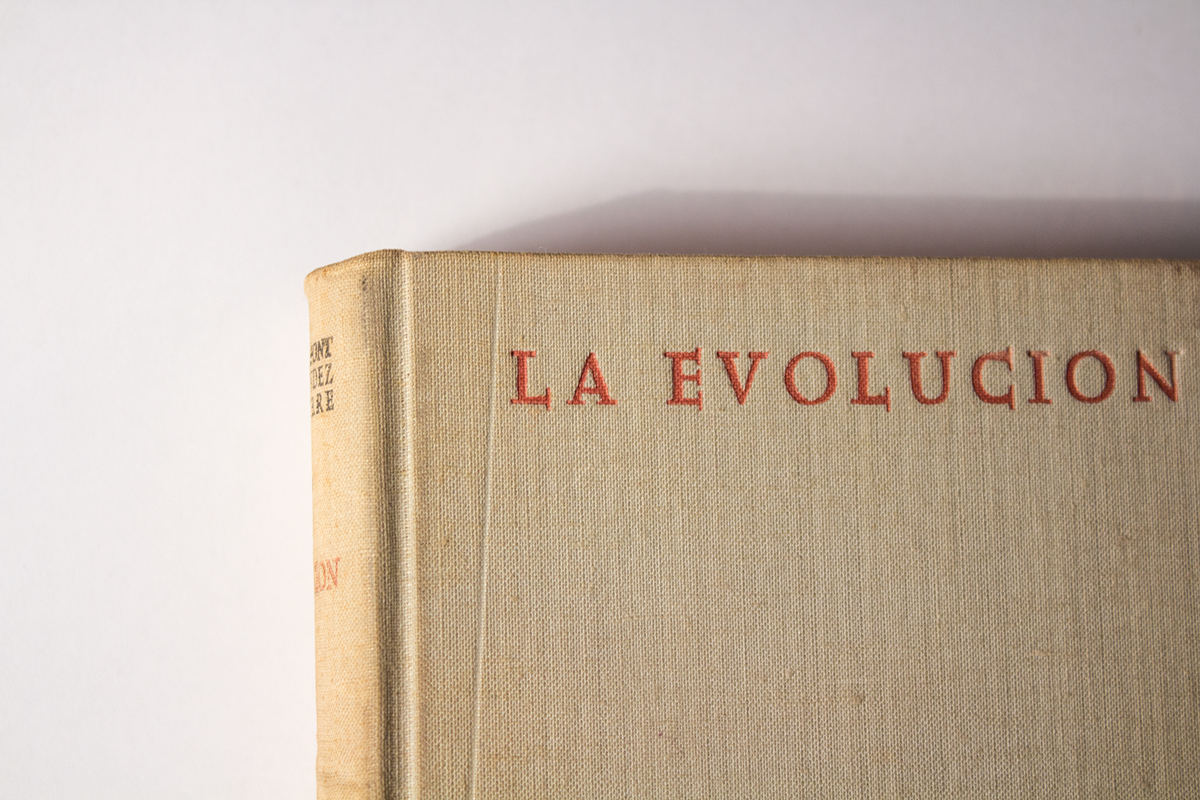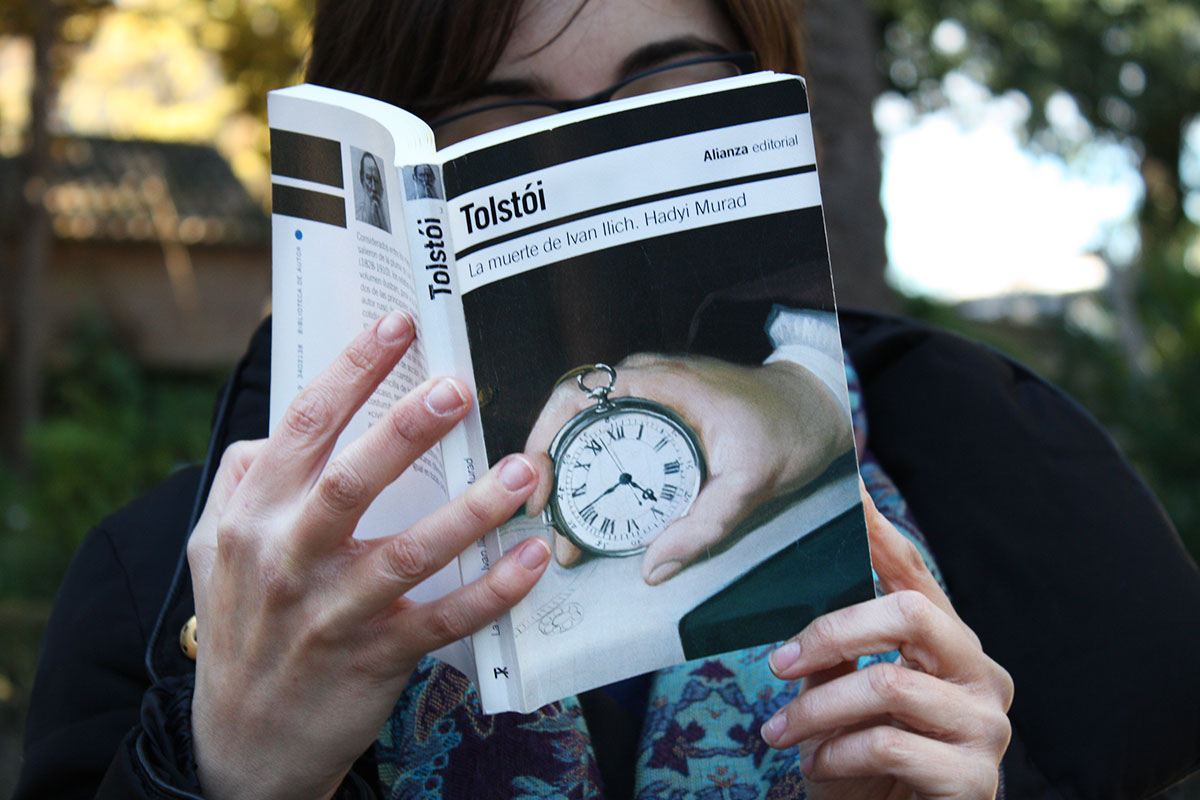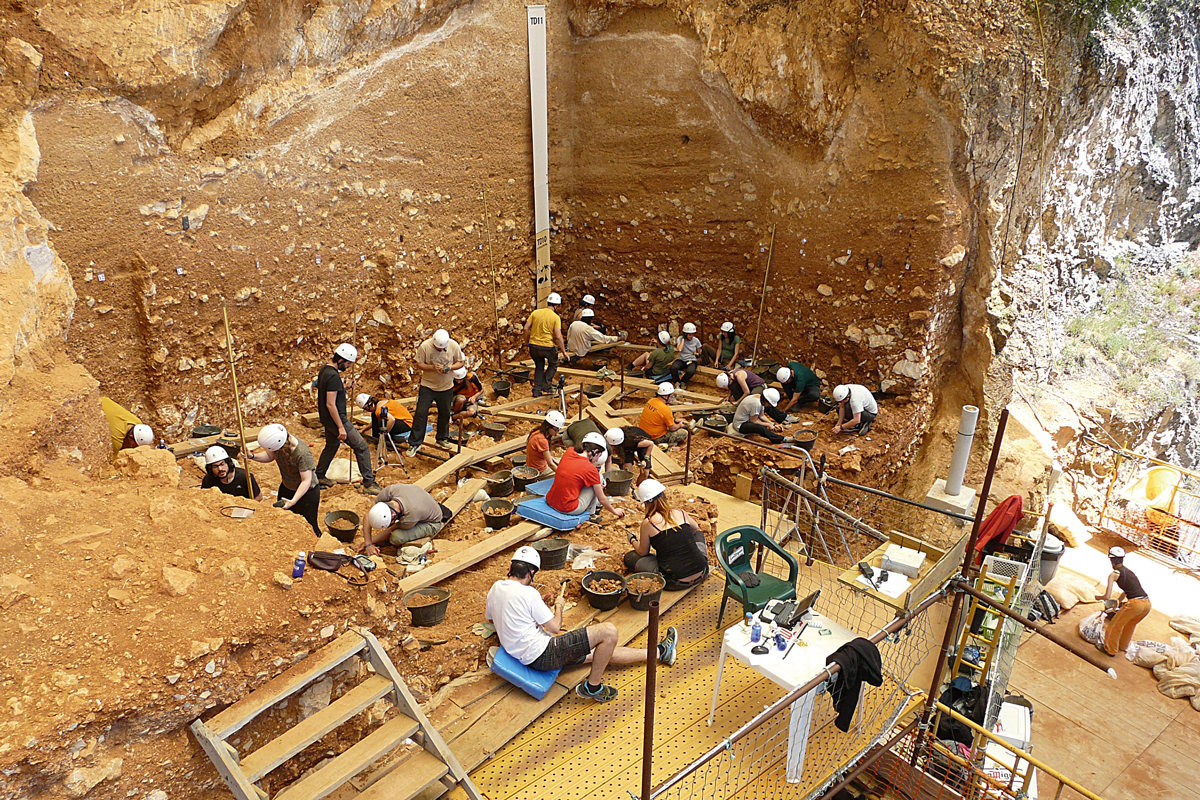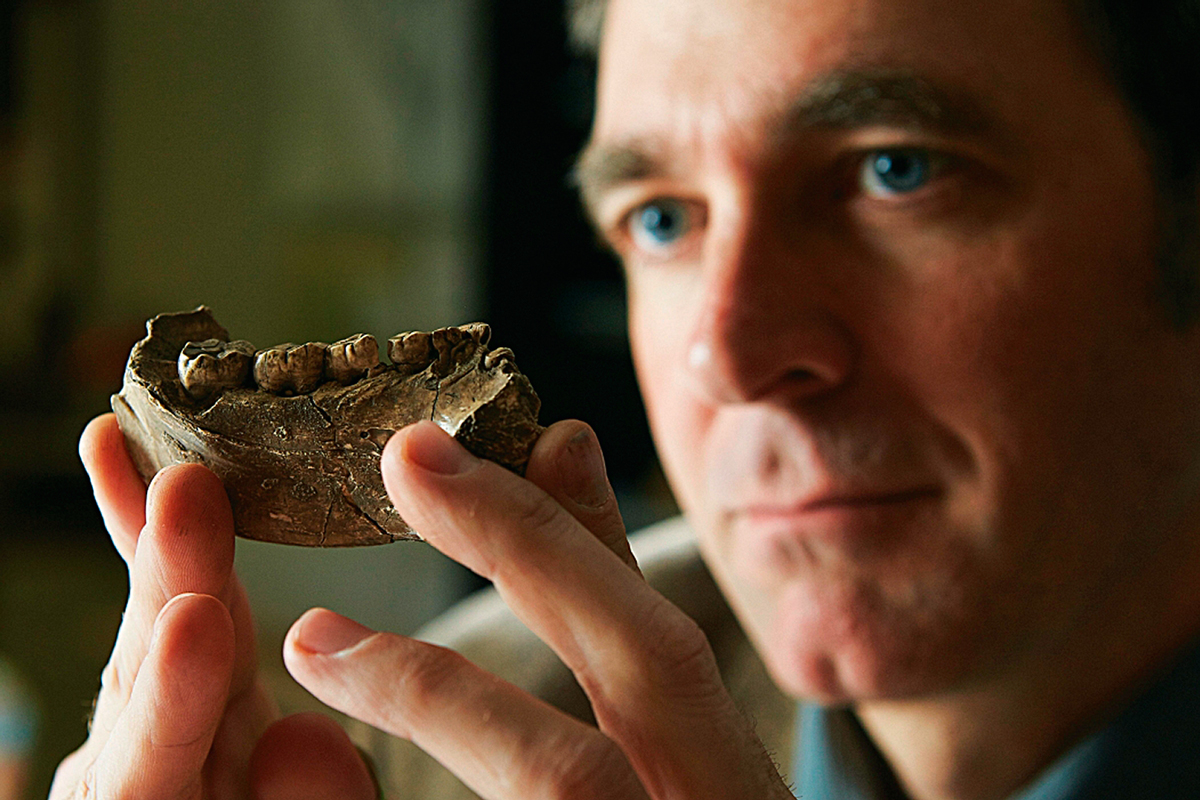Search
In this text we examine the degree of acceptance of these beliefs in high-school science teachers-in-training, among which significant levels of acceptance of pseudoscience have been detected.
Discourse about pseudoscience usually accompanies dialogue about science. Despite attempts to separate the two domains, people still rely on pseudoscientific remedies.
Rarely does pseudoscience address the formation of aircraft trails in the sky. These trails are usually discussed by conspiracy theorists, rather than by pseudoscience.
This article reviews the basics of EU regulations on organic food production and concludes that, for the most part, they mislead the consumer and are not science based.
Pseudoscience (false science) and science based on faulty and biased studies (bad science) produce false or uncertain knowledge, with poor or no evidence.
Alternative medicine has a high social prevalence, being promoted by well organized groups that have developed an intricate rhetoric in order to self-justify in the absence of evidence. This article will analyse some of these arguments, some of their fallacies, other styles of reasoning, and other misconceptions of scientific concepts.
Science is a fact-finding practice, but there are many other fact-finding practices that apply largely the same patterns of reasoning in order to achieve as reliable information as possible in empirical issues.
Pseudosciences are by-products of the prestige of science as a social enterprise and as a means of obtaining knowledge. Their character is inherently negative, given that, by definition, a pseudoscience
Human palaeontology in Spain has experienced extraordinary growth in recent decades. In this work we investigate the influence that the book La evolución (1966) and its editors, Miquel Crusafont, Bermudo Meléndez, and Emiliano Aguirre, exerted on this explosion.
Literature constitutes an important educational element that can improve the doctor-patient relationship because it facilitates better understanding of illnesses.
Santiago Ramón y Cajal was also the author of some very important scientific and biographical work as well as his Vacation stories. Five science fiction tales, a collection of five short stories with an educational purpose.
Long before the first successful transplants were performed on humans, some writers had already written about them in fiction. Literature can contribute to the ethical and social debate surrounding transplants.
A critical review of Woolf's literary legacy allows us to get closer to what might be one of the most intense literary portrayals of illness and its metaphors and, at the same time, to the representations, euphemisms, silences, and monsters depicted in the chapters of her life and in the unique voice of this essential author.

